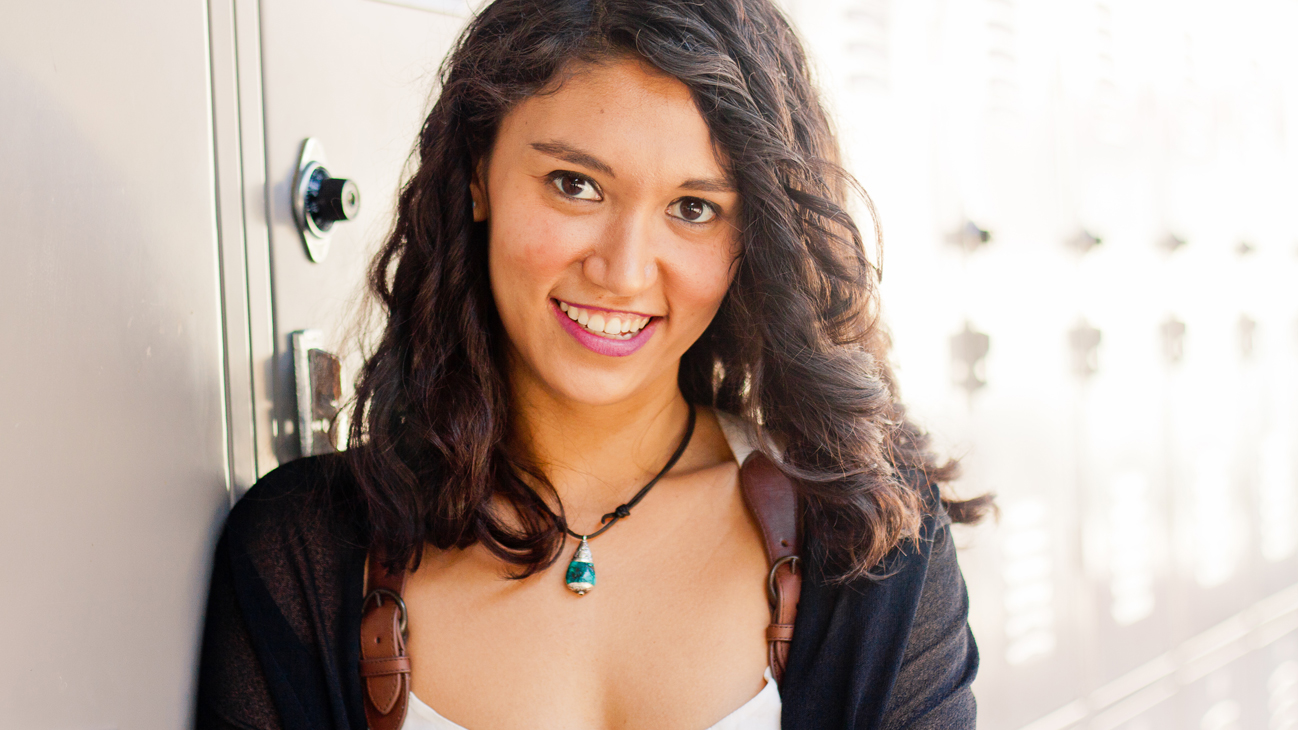As part of the release of her newest book, All Our Wild Wonder (conceptualized as one poem), ELLE brought together Sarah Kay and Elizabeth Acevedo to discuss why poets are actually journalists and what it means to be seen in the world. Kay continues her advocacy-through-poetry via Project VOICE, a leadership project that brings poet-educators into schools. All Our Wild Wonder is cut from the same cloth as her charity work, being an illustrated poem celebrating educators. From the discussion:
Kay: The book I have coming out in March is one poem, but it is a poem about that exact experience of having a teacher see you and communicate in her actions and words that you are worthy of her time and that you are already the scholar and the artist that you dream of being.
One thing that resonated with me about the role that poetry plays for Xiomara (from Acevedo’s novel, The Poet X) is that in a lot of ways it’s her escape, but it’s also her processing center. It’s her communication outlet and her diary. As an educator that specifically teaches poetry, something I’m always thinking is, “How do we expand what people think poetry is allowed to be and who gets to write poetry and what they get to write about?” For so many people, poetry is given to them as a riddle they have to solve, and if they don’t solve it, they think, “I’m too stupid to understand poetry,” or “Poetry isn’t for me.” You were able to show us the way that poetry serves different roles in this person’s life.
Acevedo: I do believe writing is thinking. Sometimes we can’t untangle what’s happening in our brains, but we get our pen moving and all of a sudden, as we write, we figure it out. For this character, that was really true. As she is writing, that is how she begins processing things.
ELLE: In your poems, you both write about identity and representation and what those mean to you. Has the current political climate affected your work or the kind of work you want to do?
Kay: I am of the belief that every poem is political, and I’m of the belief that you can engage with politics in many, many ways through art. It suddenly feels more inherently political to be a young woman of color that stands up in front of rooms of young people and says, “It is possible to be an artist and a poet. It is possible to speak about where you come from and use the language that is authentic to you and your family and your history. There is room for you here.” Perhaps to outside eyes that wouldn’t necessarily be seen as explicitly political, but it suddenly feels abundantly political to me.
About Sarah Kay
Sarah Kay uses the power of spoken word to inspire creativity and self-empowerment in others. Her TED talk about her metamorphosis from a wide-eyed teenager soaking-in verse, to becoming a teacher who connects youth with the power of self-expression through her non-profit educational organization, Project VOICE, has been seen by seven million people online. A gifted artist and breathtaking performer, Sarah empowers audiences of any age and background to embrace words to find their voice.
For more of the in-depth interview, please visit here.

